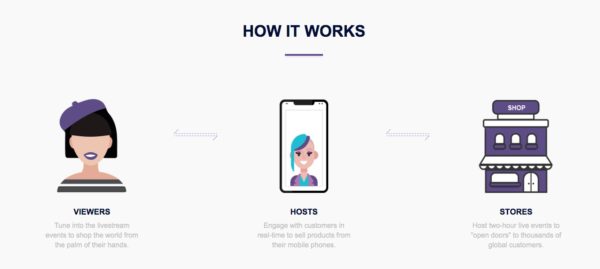Expectation and Disappointment
I woke up this morning thinking about disappointment.
My daughter and I went to the final Knicks home game of the season last night, a loss to the Cavs. One of 53 we have endured this season.
The season had started off with expectations of better times. Melo was gone. KP was emerging as one of the best young players in the NBA.
And yet we end the season with less wins and more losses than last year. And it wasn’t because of letting Melo go.
But this post is not about the Knicks.
It is about disappointment.
Life is full of disappointment.
Many things don’t work out the way we hope or plan.
Investments don’t pan out.
People we are excited about don’t live up to our expectations.
A film we are excited to see turns out to be awful.
There are big and material disappointments that can set us back for years or longer.
And there are little ones, like the terrible Knicks, that we should be able to shake off in a good night of sleep.
I think this Knicks thing will take me a few nights to be honest.
It is often tempting to become cynical and lower our expectations to protect us from the pain of disappointment.
But I don’t think we should do that.
I think it is human to hope and expect.
And it is human to feel the pains of disappointment.
We just need to shake them off, get out of bed with a jump in our step, and move forward.
And find something new to get excited about.
And start the cycle all over again.


